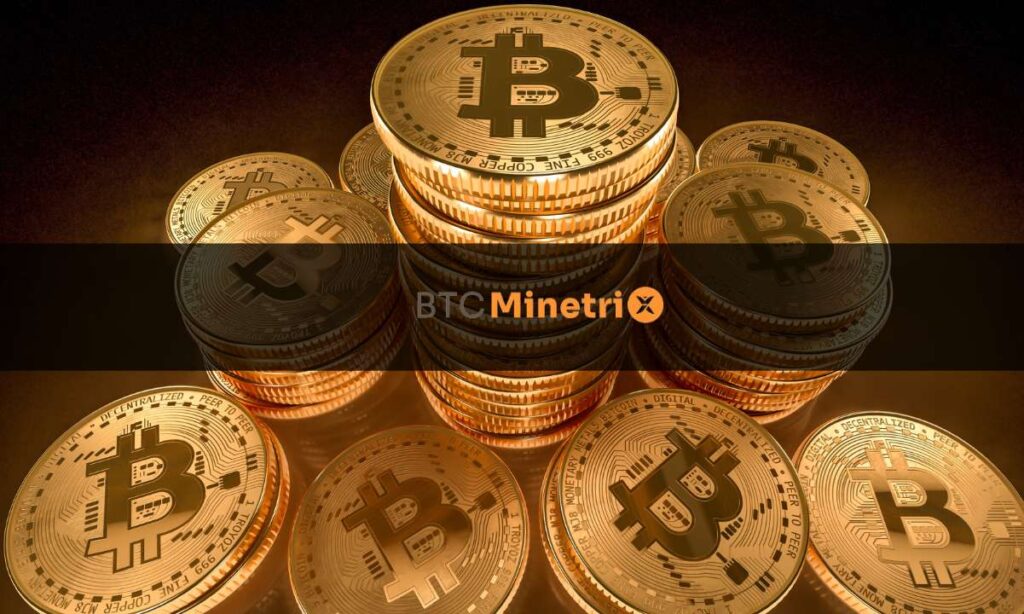TL;DR
- Former SEC Chair Jay Clayton believes a spot Bitcoin ETF approval by the SEC is “inevitable,” noting high demand from both retail and institutional investors.
- Bitcoin price spiked on a false alarm of SEC approval; real approval could drive substantial institutional investment similar to the impact of gold ETFs on the gold market.
- The SEC’s hesitation is due to concerns about cryptocurrency market volatility and associated investment risks.
Jay Clayton, who served as SEC chair from 2017 to 2020, said recently in September that the “dichotomy between a futures product and cash product can’t go on forever.”
Fmr. SEC Chair Clayton: Bitcoin ETF ‘Inevitable’
As a result, he believes a spot Bitcoin ETF approval by the Securities and Exchange Commission is “inevitable.”
Earlier this year, in July, he also said approving a Bitcoin ETF would be “hard to resist.” He says that’s because institutional players are chomping at the bit to get access to Bitcoin investments:
“Bitcoin is something that retail investors want access to, the institutional investors want access to, and importantly, some of our most trusted providers want to provide this product to the retail public.”
Months of pent-up institutional demand could see a massive bull run of hedge funds into the Bitcoin market via an SEC-approved Bitcoin ETF.
The Bitcoin price briefly spiked 10% to the $30,000 level on a false alarm this Monday that the SEC had approved a spot ETF.
When Will the SEC Approve a Spot Bitcoin ETF?
So when will the SEC come around on an ETF approval?
Barron’s recently echoed Clayton, calling a Bitcoin ETF inevitable and even predicting a timeframe: “within the next few months.” However, no one knows for sure exactly.
The SEC is slow-walking the approval because of concerns that the volatility of cryptocurrency markets exposes investing clients’ portfolios to too much risk.
What will a Bitcoin ETF mean for the cryptocurrency market over the long term?
It could unleash a massive wave of sustained institutional participation from big hedge funds that don’t want to flout the SEC but want a spot Bitcoin ETF that more directly reflects Bitcoin’s performance, not a Bitcoin futures ETF.
For an idea of what a game changer this would be, just look at the impact gold ETFs had on the market when they debuted. Bitcoin, after all, is something like 21st-century digital gold.
Gold spot price was $321 an ounce on March 28, 2003, when the first gold ETF launched. Less than a month later, it rose 3.7% to $333. A year later, in March 2004, spot gold had risen 31% to $422.
After that, gold continued to rise in a multi-year bull that saw its price gain 486% by September 2011, when its price reached a peak of $1884 per ounce.


